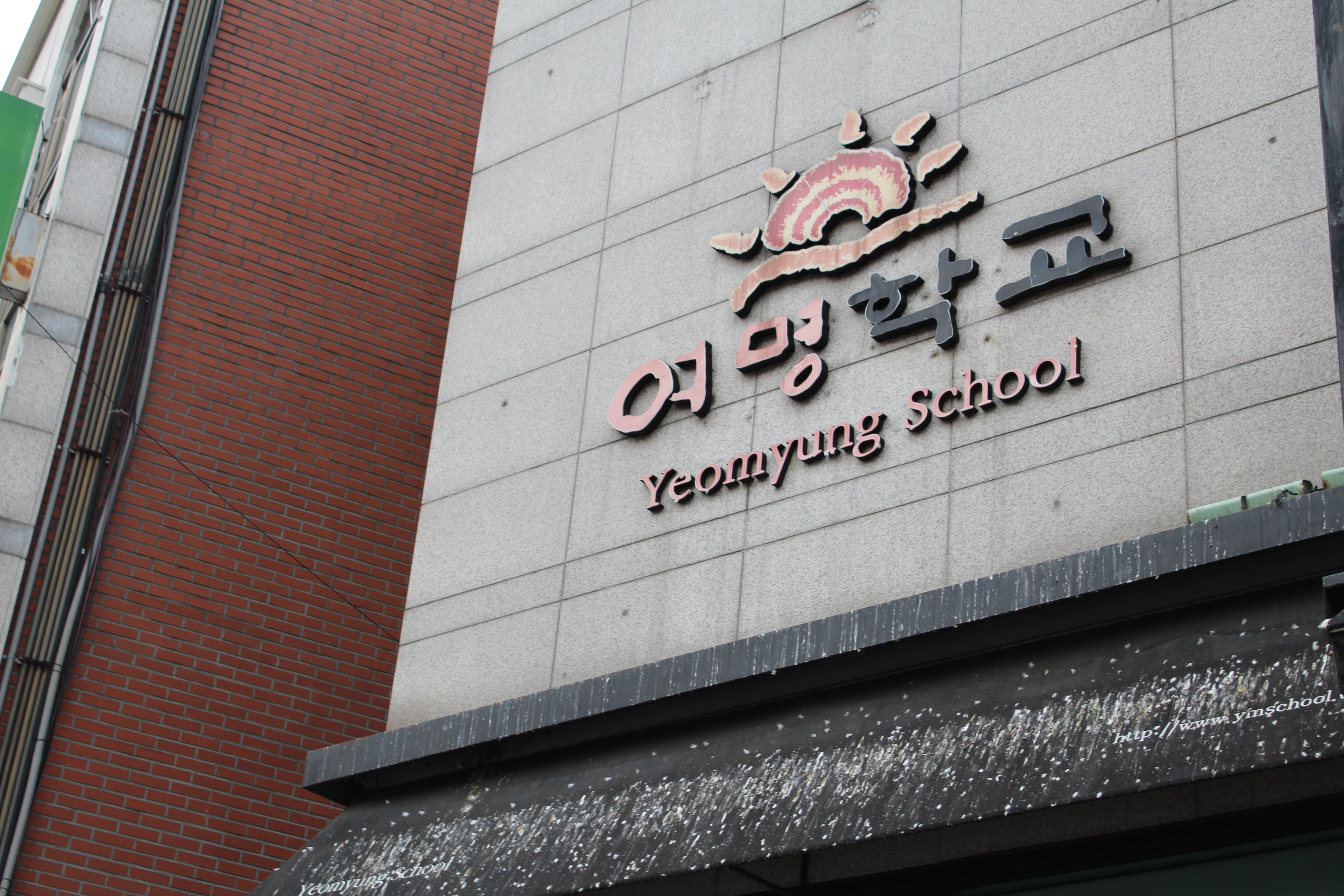The Role of China in North Korea defection

Featuring NGO YeoMyung School’s response to ramifications of Chinese policy and human trafficking
By Annie Cheng
[divider]
[dropcap]N[/dropcap]orth Korean refugees cross the border of North Korea through various creative and valiant means to escape to freedom, many times through China towards their final destination due to geographical proximity and sometimes pre-established familiarity through trade. For a majority of the successful defectors in South Korea, crossing the Chinese-North Korean border of North Korea was only the beginning. In the case of genuine threat upon return, several international laws such as the Convention against Torture and United Nations 1951 Refugee Convention prohibit repatriation of refugees. However, by classifying defectors as illegal aliens instead of as refugees, the Chinese government continues to repatriate individuals to the North Korean government despite certain death. Because of this governmental policy, travelling from China into South Korea is stressful, exhausting, and incredibly treacherous—especially for women.
70% of North Korean defectors are women; the process of escaping North Korea often involves the dangers of human trafficking. They are sold off at varying amounts, from as little as $500, often to Chinese brokers who then resell them.
The Chinese one-child policy of the Great Leap Forward resulted in a large gender disparity due to the emphasized cultural value of sons passing along the family name. The lack of brides fostered a North Korean slave bride market in China. The women are forced into unofficial “marriages, with the men often residing in rural areas or having physical/mental incapacities. Because of dangers involved with travelling from China to South Korea and escaping from human trafficking, there are an estimated 100,000 to one million North Korean women stranded in China. The wide statistical range is derivative of the lack of overhead monitoring due to the illegal status of defectors.
Yeon Mi Park, as described in her book In Order to Live, was one of those women. After being traded off through several lines, she was married off to a Chinese broker. She was unaware of the pervasiveness of human trafficking before leaving; however, Park poignantly stated that even if she knew beforehand, she still would have escaped due to the severity of oppression under the Kim family regime.
Her statement indicates the extent of desperation to escape North Korea, despite the obvious psychological and physical trauma of human trafficking. These traumas, unfortunately, are not the only destructive effects of the industry. The trafficking industry, aside from acting as an inherent violation of human rights, has formed derivative complications for defectors. We learned about the latter upon visiting the NGO Yeomyung School, which teaches Chinese-born children of North Korean women.
These children are brought into South Korea by their mothers, but often face many challenges due to their Chinese upbringing. Mother and child are often separated; both lack Chinese citizenship and the legal repercussions of escaping are colossal. Chinese husbands are also reluctant to allow the child to leave with the mother. Commonly, the mothers escape first to South Korea and save up money to cover the cost of hiring a broker, bribing Chinese officials, feeding and transporting the child. The process takes years; children raised primarily in China harbor resentment towards their mothers or feel a disconnect to their Korean heritage. Because of personal conflicts with national identity, the South Korean government doesn’t fund the education of these children, who sometimes return to China after coming of age. They are viewed by the government as a poor investment of resources.
This is where the donation-funded school steps in, offering free lodging, meals, and education to both Chinese-born and North Korean-born defector students who face specific obstacles. Director of Science Susan Kang discussed the propaganda-driven North educational system as severely lacking in both breadth and depth. Language is described as the most significant challenge for all defectors regardless of origin, due to linguistic variations between the North and South vocabulary. Communication poses as a harrowing barrier in terms of education, career pursuit, and daily social activity. For this reason, the aggregated curricula focus primarily on language studies alongside science, math, humanities, and life skills.
Ultimately, the goal of the Yeomyung School is to ease the transition of North Korean refugees into South Korean society. This long term vision has been reflected by other NGOs we have visited as well, including Mulmangcho School and Kuensaem Tutoring Center. The dedicated staff and volunteers of these organizations dream of an unhindered future for this community of brave individuals, ensured by dignity, security and equality.
[hr]
Annie Cheng is a freshman in Ezra Stiles college. Contact her at annie.cheng@yale.edu.